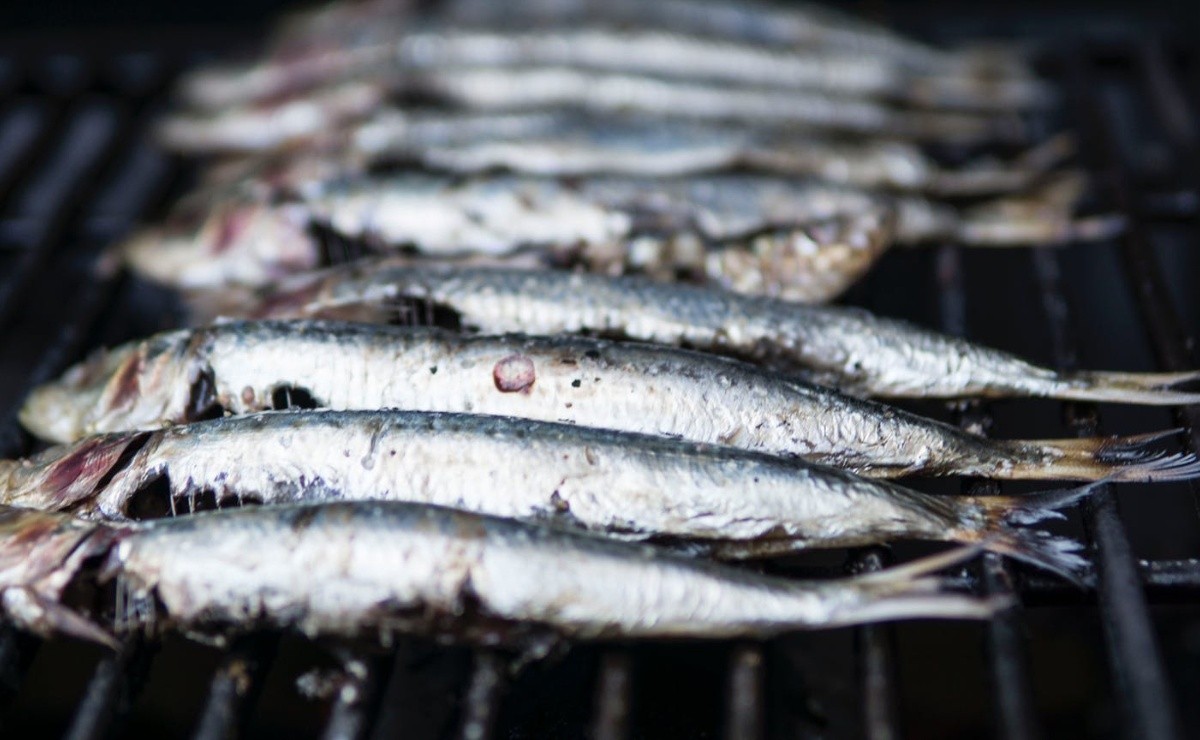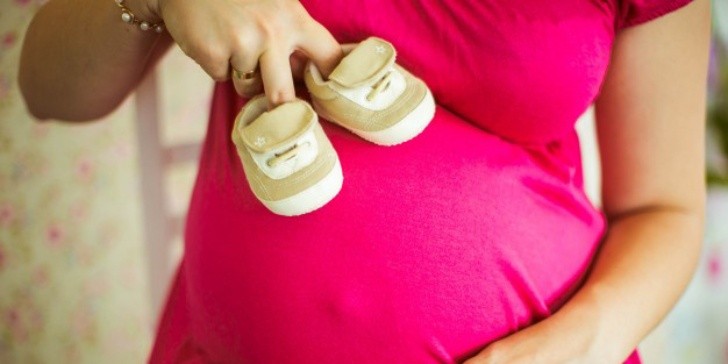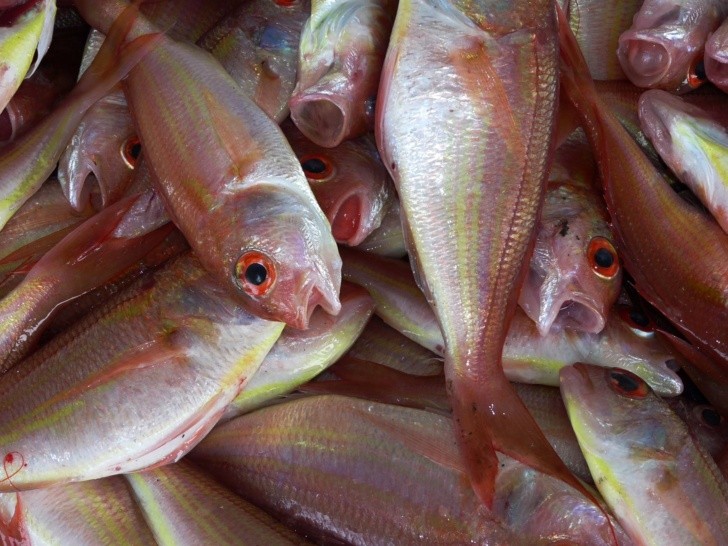
The consumption of fish during the first trimester of pregnancy helps the neurodevelopmental processes of the child
If you are one of those who avoided the consumption of sea animals just to take care of your baby’s health, the following news will delight you, since a group of scientists discovered that eating fish during pregnancy makes children have more attention span .
Following a diet rich in white and blue fish during the first months of pregnancy improves the attention span of children, according to a study by the Barcelona Institute for Global Health (ISGlobal).
Scientists from ISGlobal, a center promoted by La Caixa, have studied the relationship between the consumption of different types of fish during pregnancy and the attention span of boys and girls at eight years of age.

The results, published this Wednesday in the ‘International Journal of Epidemiology’, show that a diet rich in fish during the earliest stages of pregnancy has beneficial effects on the attention span of boys and girls.
The research has been done on 1,641 pairs of mothers and children belonging to the INMA Project (Childhood and the Environment), a Spanish research network aimed at studying the role of pollutants during pregnancy and their effects on childhood.
Throughout the pregnancy, the mothers filled out numerous questionnaires that contemplated various frequencies of consumption for more than one hundred foods, among which were the different fish.
The data on the feeding of boys and girls were also collected using the same questionnaire at the ages of one, five and eight years, and at this last age the minors also took a neuropsychological test to assess their attention function.

Best during the first months of pregnancy
The experts focused on two responses, the so-called omissions, that is, the number of errors that the examinee ignores in relation to the key stimulus, and the speed of response to those stimuli that were detected, which are common indicators of the selective and sustained attention.
The conclusion of the study is that "with the consumption of fish during the first trimester of pregnancy an effect on the attention capacity of the children is observed greater than with the ingestion during the late pregnancy or the ingestion on the part of the children to the five years, when some of the neurodevelopmental processes have already ended ", commented ISGlobal researcher Jordi Júlvez, first author of the article.
According to Júlvez, the formation of the brain takes place mainly during pregnancy, through complex biological processes such as the generation of neurons, the creation of synapses and neuronal myelination.
"Essential nutrients, such as polyunsaturated fatty acids (PUFAs) are essential for these processes. Docosahexaenoic (DHA) and eicosapentaenoic (EPA) acids are the main omega-3 PUFAs involved in neurodevelopment and the source The main of both is the fish ", has detailed Júlvez.
These essential nutrients, the researcher added, are involved in defining the structure and function of the fetal brain, "thus exerting a great impact on later neuropsychological development."
"Attention is a complex behavior that every child needs to learn, since it precedes the performance of other essential functions, such as memory. We focus on the attention function because attention deficit hyperactivity disorders (ADHD) are common pathologies during school age ", justified Jordi Sunyer, director of the Children and Environment program at ISGlobal.
The study also considers the differences between the different types of fish and shellfish: blue fish, white fish, canned tuna, and crustaceans and mollusks.
Both the sons and daughters of those women with a diet rich in various fish and those of women with diets rich only in blue fish or only white fish showed very positive results in the attention tests.
However, when the fish contribution to the mothers’ diet was based on canned tuna or shellfish, the results were lower.
Despite the promising results of this study, there is previous research linking fish consumption during pregnancy with childhood obesity, as well as increased blood pressure.
Therefore, experts insist on the need for more research on this topic to determine exactly which species of fish and in what quantities are beneficial for fetal development.